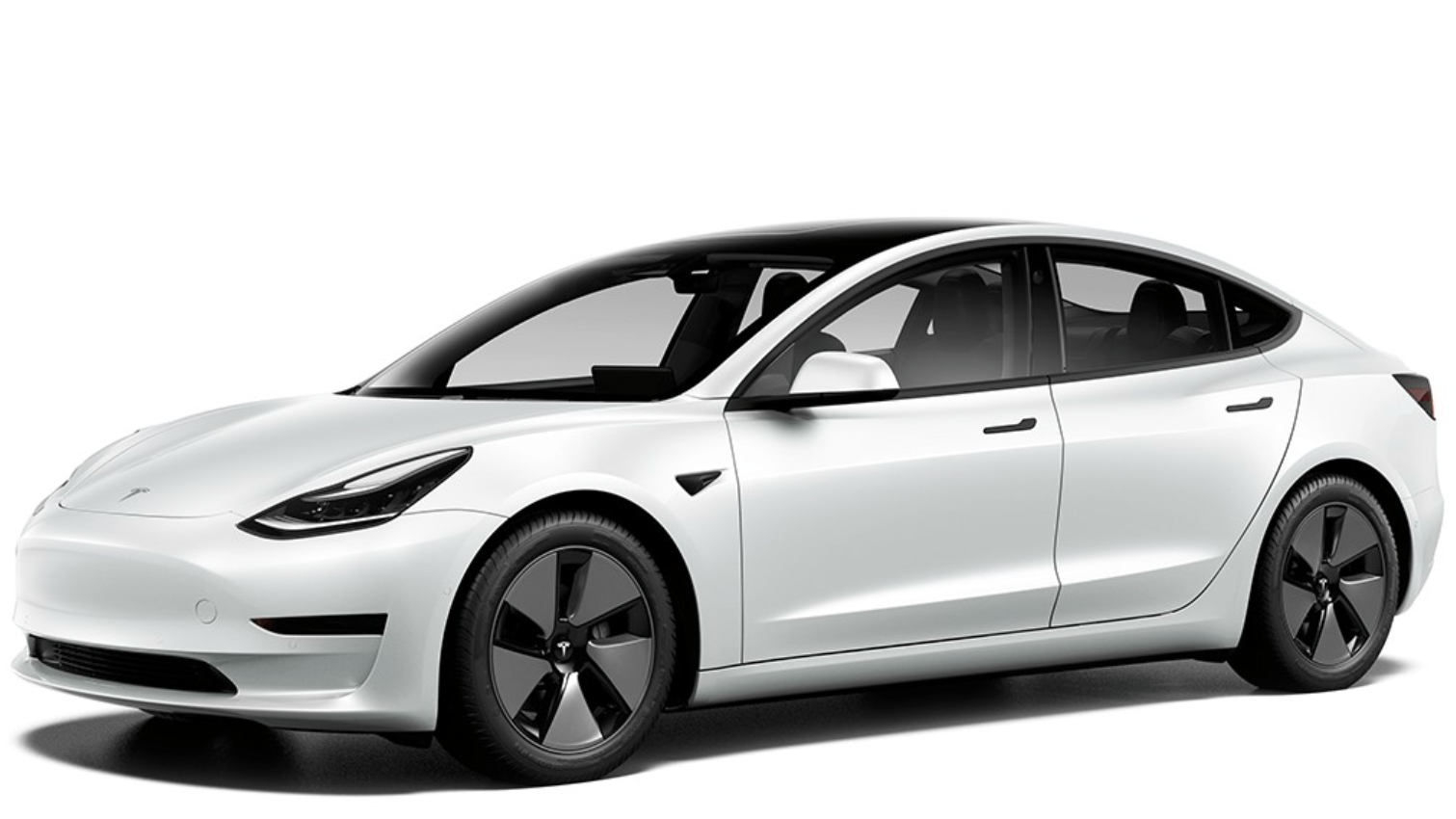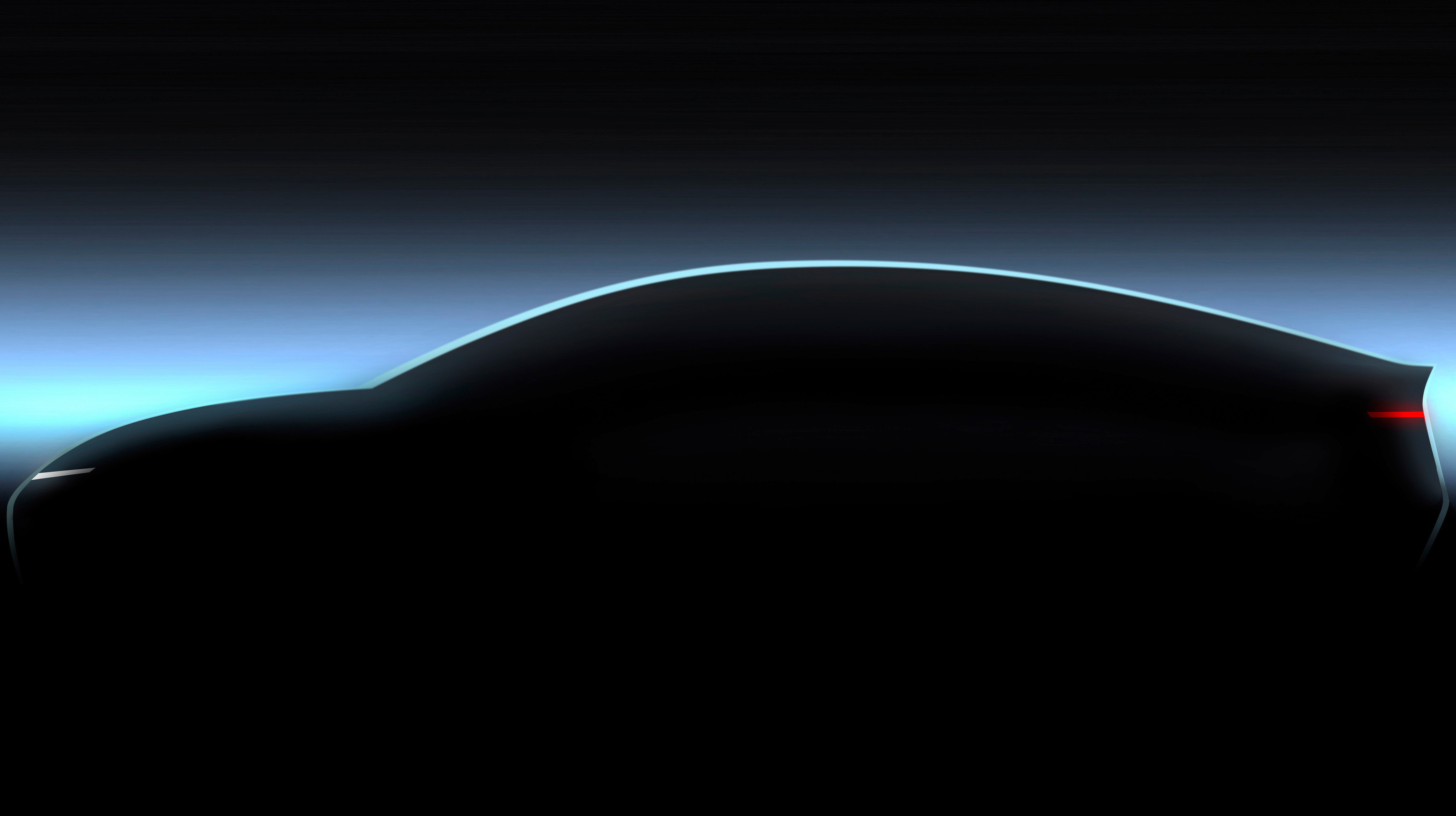The Best Part Of Volkswagen's Project Trinity 'Software-Based Product' So Far Is The Claimed Price
Volkswagen has announced a new electric sedan that's priced and equipped to compete with EVs like the Tesla Model 3, or something maybe a little bigger. The development program already has a badass name: Project Trinity.
I don't know why this isn't lined up for the "ID" nomenclature VW is currently building with the European ID.3 and U.S. ID.4 crossovers, but this sounds like it could yet again be the automaker developing an all-new platform.
Details on VW's new Project Trinity sedan are scarce, apart from the sweeping silhouette teaser image released today. VW CEO Ralf Brandstätter claimed the new EV will be capable of "charging as fast as refueling" a gas car at a fuel pump and offer "new standards in terms of range." It's not clear what size the sedan is planned to be, either, but if it's a flagship, it may not be as compact as the Tesla Model 3 in size. The only hardware the automaker was interested in detailing on the Trinity is the suite of driver-assistance and self-driving equipment and systems on the platform.
The series-production version of the EV sedan from Project Trinity will have highly standardized hardware with fewer available equipment choices, according to the automaker. That means every car that rolls off the line will come with a load of standard hardware, whether or not you paid for all of the associated options up front. You will be driving around with the weight of equipment on your car you have not paid quite enough to use. VW pitches this as turning the car into "software-based product," where the owner can pay to unlock features over-the-air, since all of the necessary hardware is pre-installed (theoretically).
This supposedly reduces manufacturing complexity and, I'm extrapolating, probably simplifies servicing, the order and delivery operations, and logistics processes, too. The inventory sheet gets smaller and quality improves as the menu gets shorter, so to speak.
"In the future, the individual configuration of the vehicle will no longer be determined by the hardware at the time of purchase," Brandstätter says. "Instead, customers will be able to add functions on demand at any time via the digital ecosystem in the car."
Some of those features are planned to include various levels of driver-assistance, with equipment VW claims to be capable of Level 4 hands-off self-driving in the near future — and hardware-ready for digital unlock when the owner chooses. The car will come standard with Level 2 driver-assistance systems.
I am still very skeptical of any system that claims capability, or legality, above current driver-assistance features like steering-assist, lane-guidance, automated-distance cruise control and automatic braking systems yet still requires full hands-on attention and focus from the driver.

Competitors like Tesla have dipped their toes into locking features or performance behind software paywalls in the name of standardizing hardware to simplify the manufacturing process. While there were strong initial negative reactions, it's a manufacturing method that's been adopted among other automakers globally, like China's NIO EV range and Lucid's upcoming lineup.
We'll see how the standardization of hardware affects the pricing of the sedan from Project Trinity, which is set to rival the Tesla Model 3. In the European market, where the Model 3 is priced at 39,990 Euros, the German paper Welt reported CEO Brandstätter claimed pricing could start "around 35,000 Euros."
That shakes out directly to just over $41,700 in U.S. dollars, but stateside pricing is likely to be cheaper than the direct Euro to dollar conversion. The Model 3 Standard Range Plus currently starts at $36,990 in the U.S. on Tesla's website, though a cheaper Standard Range may still be available through a store or on the phone. Additionally, VW EV sales volumes in the U.S. may still qualify for federal tax rebates by the time the car goes into production in 2026, which Tesla buyers no longer qualify for, on top of local and state tax rebates (which Tesla buyers do still qualify for).
As for the name, VW says: "Trinity stands for three crucial themes: a newly developed electronics platform with state-of-the-art software, the simplification of the supply structure, and fully networked and intelligent production at the main plant in Wolfsburg."
It might be a kind of an obvious dig at the Model 3 from Tesla, though it reminds me of the Trinity nuclear device test, the first atomic bomb ever detonated. A world-changing event for sure, but not one you necessarily want to connect your brand to.
